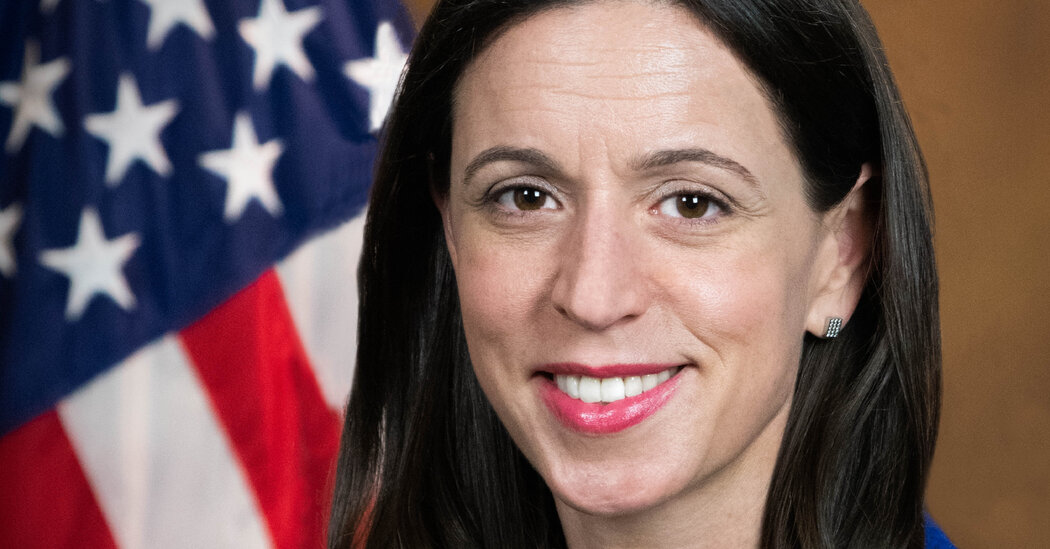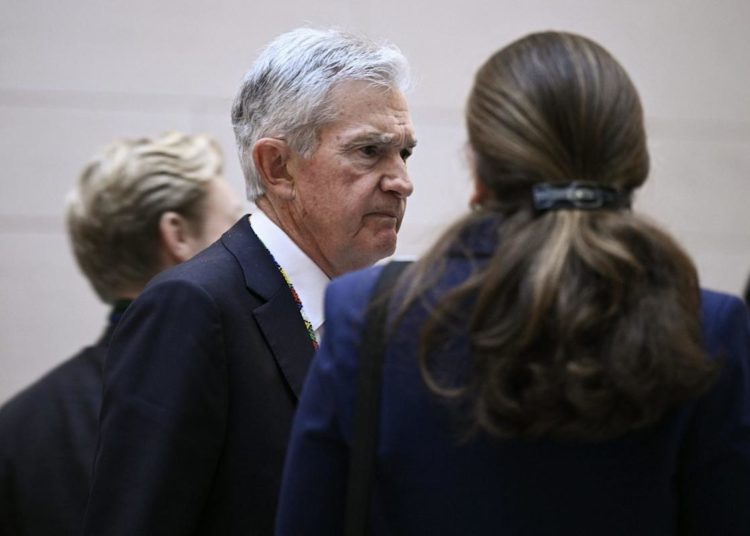In a striking development out of Washington, D.C., the Justice Department has invoked executive privilege to prevent a recently terminated pardon attorney from speaking out about her dismissal. The move, which unfolded in early April 2025, has ignited a firestorm of criticism from legal experts, civil liberties advocates, and congressional Democrats, who see it as an attempt to suppress dissent within the agency and shield controversial decisions from public scrutiny.
The fired pardon attorney, Elizabeth G. Oyer, was ousted from her role last month under circumstances that remain murky. Reports suggest her termination stemmed from a clash with Trump administration officials over a directive to facilitate the restoration of gun rights for actor Mel Gibson—a decision she reportedly resisted. Oyer’s firing was abrupt, delivered via a terse memo from Deputy Attorney General Todd Blanche, a close ally of President Trump. She was escorted out of her office by security personnel, a detail that has only fueled speculation about the administration’s motives.
Now, as Oyer prepares to testify before a congressional hearing organized by Democrats on April 7, 2025, the Justice Department has taken the extraordinary step of invoking executive privilege to block her from discussing her tenure and dismissal. This legal maneuver, traditionally used to protect sensitive deliberations within the executive branch, is being framed by the DOJ as necessary to safeguard confidential communications. However, critics argue it’s a blatant effort to gag a whistleblower and avoid accountability for what they describe as politically motivated purges within the department.
“This is not about protecting national security or delicate policy discussions,” said Rachel Cohen, a former attorney at Skadden Arps who is also slated to testify at the hearing. “It’s about controlling the narrative and punishing those who don’t toe the line.” Cohen’s remarks echo a growing sentiment that the Trump administration is weaponizing its authority to reshape the Justice Department into a tool of loyalty rather than justice.
The invocation of executive privilege comes amid a broader pattern of upheaval at the DOJ. Since Attorney General Pam Bondi took office, the agency has seen a wave of firings, reassignments, and resignations—many targeting career officials perceived as insufficiently aligned with the administration’s agenda. Oyer’s case has drawn particular attention because of her role as pardon attorney, a position that wields significant influence over clemency decisions, including those that have benefited high-profile Trump supporters like Gibson.
Congressional Democrats, who have called Oyer to testify alongside other ousted DOJ officials, are framing this as a critical test of democratic oversight. “The American people deserve to know why career public servants are being silenced,” said a senior House Judiciary Committee aide. “If the Justice Department thinks executive privilege can shield it from answering hard questions, they’re gravely mistaken.”
Legal scholars, however, note that the DOJ’s gambit may face uphill battles. Executive privilege is not absolute, and courts have historically narrowed its scope when it’s used to conceal misconduct or stifle transparency. With Oyer’s testimony scheduled for today, April 7, 2025, the clash between the administration and its critics is set to escalate, potentially drawing judicial intervention if the privilege claim is challenged.
For now, the standoff underscores a deeper tension in Washington: the struggle between an administration intent on consolidating power and a system designed to hold it in check. As the hearing unfolds, all eyes will be on Oyer—and whether her voice, despite the DOJ’s efforts, will pierce through the veil of executive privilege.



